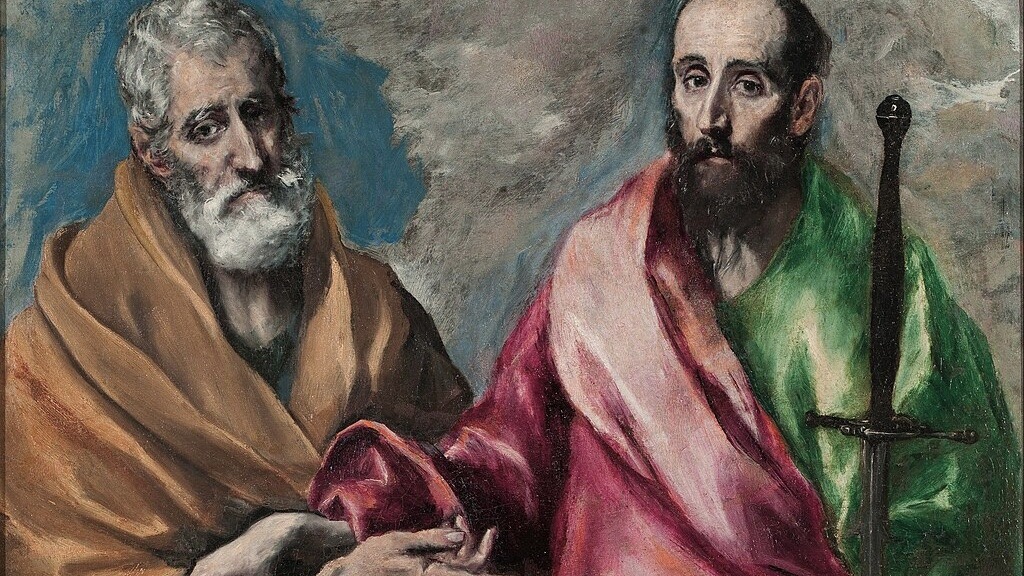
ut Paul corrected Peter!” is a standard objection raised in one of two contexts. Either it is raised by Protestants in order to deny papal infallibility and papal primacy; or it is raised by Catholics in order to defend their rebellion against Pope Francis, or the notion that people like Cardinal Burke should issue a “formal correction” of the Holy Father.
The problem is that this biblical example does not at all prove what those who use it think it does.
The background to Paul’s correction of Peter was the claim of some first-century Jewish Christians that Gentile converts needed to observe the entire Mosaic law, specifically with respect to circumcision.
But at the Council of Jerusalem (Acts 15) Peter decided against the Judaizers.
Now therefore why do you make trial of God by putting a yoke upon the neck of the disciples which neither our fathers nor we have been able to bear? But we believe that we shall be saved through the grace of the Lord Jesus, just as they will. … Therefore my judgment is that we should not trouble those of the Gentiles who turn to God.
Peter, as pope, made a judgment binding on the whole Church. His judgment was correct. And Paul—note this—did not resist that judgment. In fact, he taught it himself, and with some vehemence.
But what happened is that Peter was something of a hypocrite and a coward. Paul describes the incident at Antioch in Galatians 2:11–13. It used to be, says Paul, that Peter ate openly with the uncircumcised Gentiles. But when the Judaizers began to criticize him for this, Peter became afraid and would no longer sit down with the Gentiles. Peter, says Paul, was “self-condemned” by this action. And so he “opposed him openly.”
Now, at issue here was not Peter’s teaching but Peter’s actions. Peter was “self-condemned” because his behavior was contrary to what he taught as pope. Peter was sinning, and Paul was calling him out on his sin. The incident at Antioch has no larger meaning than that.
Peter’s teaching was authoritative and not in doubt. But no one denies that popes are capable of cowardly, hypocritical, and sinful behavior. And it is a spiritual work of mercy to correct a sinner, even if he is the pope. That has nothing, however, to do with correcting the pope in his formal teaching.
So let’s retire this “Paul corrected Peter” nonsense. If Pope Francis were dumping the Vatican trash into the Tiber River, and Cardinal Burke were to say, “Holy Father, this is not consistent with Laudato Si,” then you would have a parallel to St. Paul.
Discover more from To Give a Defense
Subscribe to get the latest posts sent to your email.